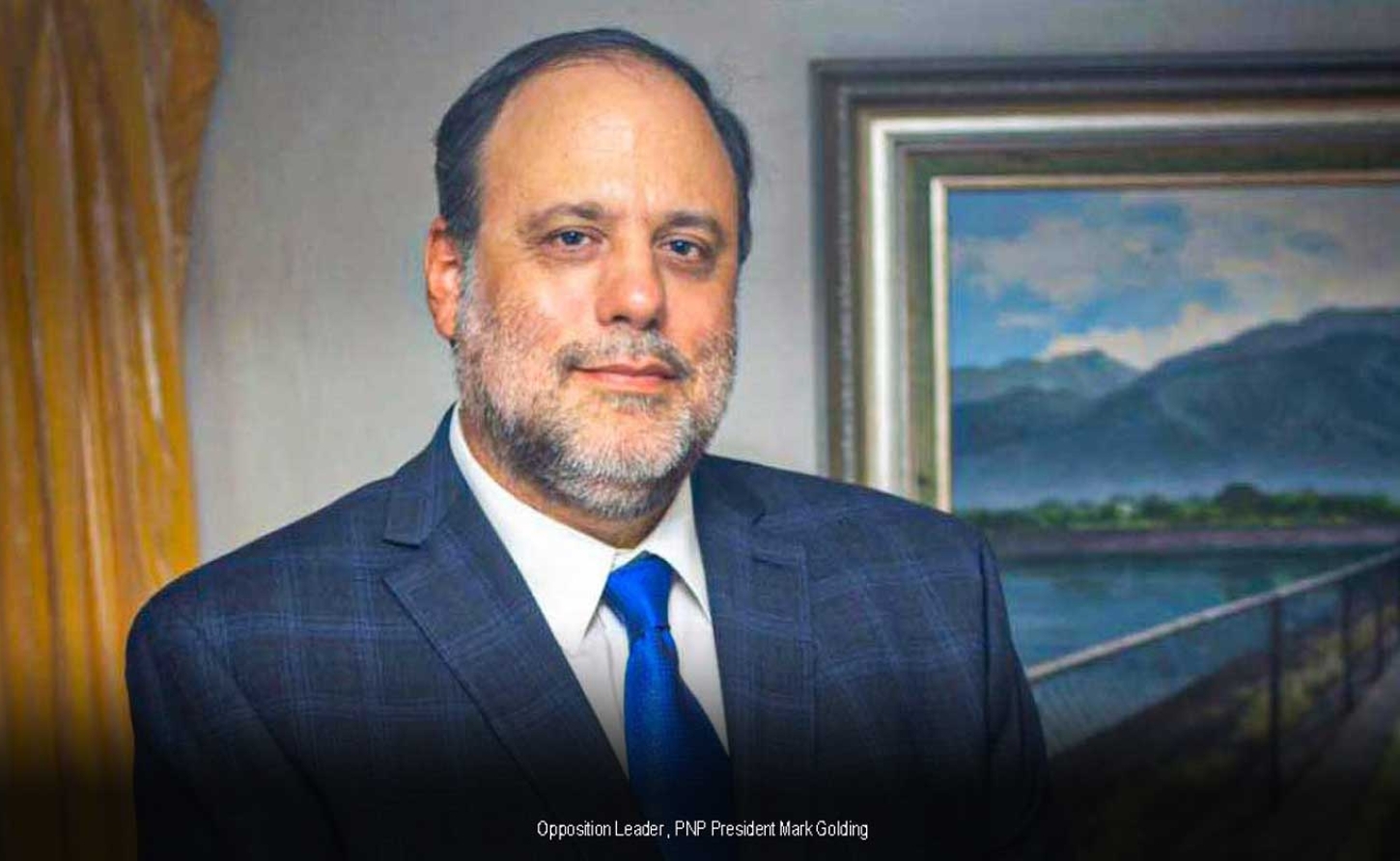JAMAICA | What Choices have Holness made over Golding in Defining his Jamaican Citizenship

When constitutional law meets campaign creativity, democracy gets interesting—and dangerous
Picture this: You're in a leadership debate, your opponent dramatically whips out his birth certificate like a citizenship reality show, and your response? Pure philosophical gold. "It is not your birth that makes you a Jamaican," declared Prime Minister Andrew Holness with the confidence of someone rewriting constitutional law on live television, "it is the choices you make."
Somewhere in the halls of the University of the West Indies law faculty, constitutional scholars must have choked on their Blue Mountain coffee. Because apparently, after 63 years of independence, we've been doing citizenship all wrong. In the footsteos of Donald Trump, Who knew the Constitution was merely a suggestion?
The New Citizenship Test: Multiple Choice
Under Holness's innovative approach to national identity, being born at UWI Hospital—that bastion of Jamaican medical excellence—apparently counts for nothing if you fail his mysterious "choices" exam.
Mark Golding, despite his inconveniently Jamaican birth certificate, now finds himself subject to a citizenship assessment that exists nowhere in Jamaica's legal framework but everywhere in Holness's campaign strategy.
The irony is so thick you could cut it with a machete. Here's Golding, whose "choices" include returning to Jamaica despite holding British citizenship, building businesses that employ Jamaicans, and dedicating his political career to the island's development.
Meanwhile, his father Sir John Golding chose to spend decades serving Jamaica's most vulnerable populations as an orthopedic surgeon rather than enjoying a comfortable British medical practice.
But hey, what do decades of service matter when you've got campaign talking points to deliver?
The Privy Council Paradox
The delicious contradiction reaches peak absurdity when you remember that Holness himself serves as a Privy Counsellor—literally swearing allegiance to the British Crown while simultaneously questioning his opponent's Jamaicanness.
While Golding and the PNP fight to sever Jamaica's remaining colonial ties by ditching the Privy Council as our final court of appeal, Holness clings to those monarchical apron strings like a security blanket.
So let's understand this correctly: The man who formally serves the Queen's Privy Council is lecturing the man fighting to end that colonial arrangement about making Jamaican choices. You couldn't script irony this perfect.
Who's the Citizenship Referee?
Holness's "choices" doctrine raises fascinating questions he conveniently didn't answer. Who exactly determines which choices qualify as sufficiently Jamaican? Is studying at Harvard disqualifying? What about doing business internationally? Should every Jamaican with overseas investments surrender their passports at Norman Manley International?
The subjective nature of this new citizenship test is precisely what makes it dangerous. Today it's about dual nationality; tomorrow it could be about any choice that doesn't align with whoever happens to occupy Jamaica House.
Constitutional rights become political footballs, kicked around based on electoral convenience rather than legal principle.
Caribbean Reality Check
Holness's rhetoric ignores the messy reality of Caribbean identity. Across CARICOM, dual nationals routinely hold leadership positions without constitutional crisis. Trinidad, Barbados, and other neighbors have embraced this reality because they understand something Holness apparently doesn't: citizenship isn't a popularity contest.
The region's history—slavery, indentureship, economic migration—created complex family trees where citizenship by descent is often the rule, not the exception. Some Caribbean nations literally sell citizenship to qualified investors, yet Jamaica's Prime Minister wants to invalidate it based on subjective "choices."
The Real Choice
As Jamaicans head to the polls, they face a choice that transcends party politics. Will citizenship remain a constitutional guarantee enshrined in law, or will it become subject to the whims of political leaders playing campaign games?
Holness may have intended his statement as a clever philosophical flourish, but he's actually proposed something far more sinister: citizenship as performance art, where your national identity depends not on legal status but on passing some undefined test of patriotic purity.
The Constitution of Jamaica is clear: birth under our jurisdiction grants citizenship. Full stop. No philosophical addendums, no campaign-season creativity, no subjective choice assessments required.
Perhaps the most important choice Jamaicans can make is rejecting politicians who think constitutional law is merely a suggestion, and citizenship is theirs to define.
-30-
